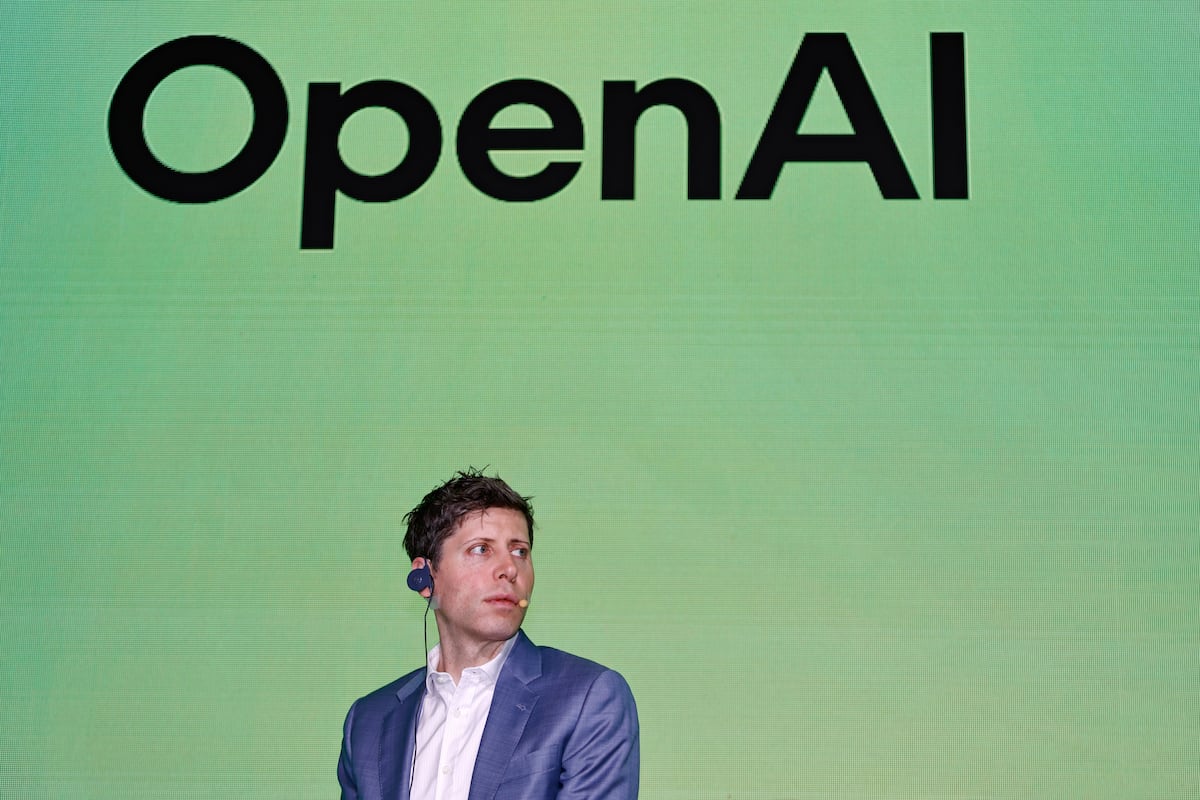
"In July of this year, I flew 11,000 kilometers from Buenos Aires to take a course on artificial intelligence policy and law at the University of Leuven in Belgium, a vast neo-Gothic structure founded in 1425 where today, across its various campuses, 57,000 students study a wide variety of disciplines. Halfway through the class, the lecturer divided us into groups and gave us the assignment for a group exam: The environmental footprint is overrated."
"As a Latin American, I followed the news about the socio-environmental impact of new data centers built in recent years in Queretaro (Mexico), Santiago (Chile), and Rio Grande do Norte (Brazil), which were added to those developed in regions with proven water scarcity, such as Arizona (United States) or Aragon (Spain). With little evidence, my group outlined their arguments: that common metrics for measuring the environmental impact of AI still don't exist worldwide,"
"that it was impossible to separate AI's footprints from other technologies associated with it, that other industries pollute much more (this one made me feel like I was in second grade), and that early technologies always cause more impacts than benefits. My group passed. Fortunately, the final exam was an essay in which I defended another idea: if the debate on technology policies remains stuck in the false dilemma of regulation that stifles innovation, large technology companies will continue to advance,"
Travel from Buenos Aires to Leuven occurred in July to attend a course on artificial intelligence policy and law at a neo-Gothic university founded in 1425 that enrolls 57,000 students. During class, students were divided into groups and tasked with defending the proposition that the environmental footprint is overrated, creating discomfort but producing argumentative exercises. Regional reports highlighted socio-environmental impacts from new data centers in Queretaro, Santiago, and Rio Grande do Norte and in water-scarce regions like Arizona and Aragon. Group arguments noted the lack of common AI-impact metrics, difficulty isolating AI footprints, and comparisons to other industries. A final essay warned that portraying regulation as stifling innovation allows large technology companies, aided by local allies, to advance despite community harms.
Read at english.elpais.com
Unable to calculate read time
Collection
[
|
...
]